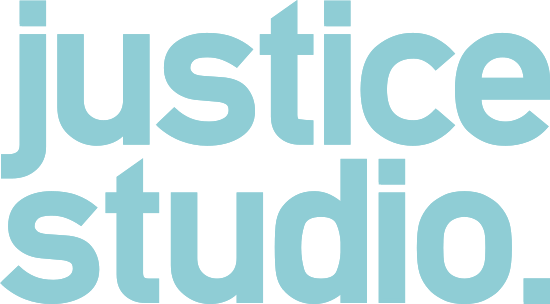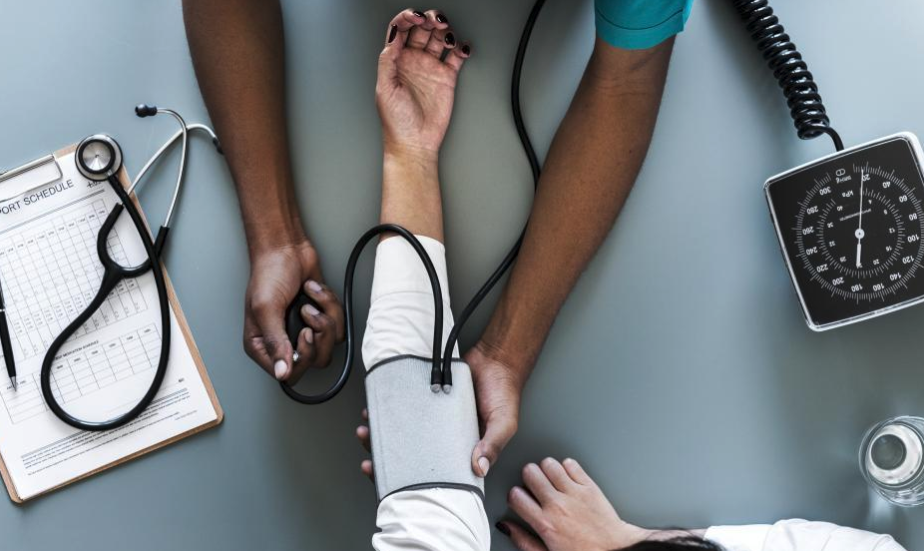Nearly ten years ago I became passionate about health inequalities when I read Fair Society: Healthy Lives, Professor Sir Michael Marmot’s review of the most effective evidence-based strategies for reducing health inequalities in England.
Now, as the corona virus pandemic threatens to cause the worst health and societal outcomes for the most vulnerable in recent times, this seems especially pertinent.
The strategies of Marmot’s 2010 review were far-reaching and took a lifespan approach to health inequalities. The highest priority in the review were initiatives aimed at maternity services, child development and parenting to ensure that all children got the best start in life. But older people were not forgotten and health services that promoted the independence of the elderly were also championed.
The ambitious recommendations considered every aspect of life that can impact on health. From establishing minimum incomes in order to reduce the social gradient. Right through to policies aimed at reducing the impact of climate change to sustain and create environments where people can flourish.
This approach is crucial now as we live through the pandemic.
What does it mean in the current crisis?
Statistics published in the recent ten year review of the original report – Health Equity in England: The Marmot Review 10 Years on make for a shocking read. In general, since 2010, improvements to life expectancy have stalled, and alarmingly even declined for the poorest 10% of women.
The ten year review provides little analysis of why poorer women may experience worse health inequalities. However, the British Medical Association already recognise that the healthcare system may not be responsive to biological and societal gender differences. Gender-based health inequalities may exist because of the impact of unmet needs relating to gender-based violence or problems with reproductive, gynaecological and maternal health services.
Women from deprived areas and communities are already at a significant disadvantage. This coupled with the burden of roles that women are traditionally expected to hold in society, may mean that they are disproportionally affected by the current crisis.
For example, a recent report published by Autonomy reported that three quarters of the people working in jobs most at risk of contracting Covid-19 are women – this includes nurses, carers and home-carers.
In general the health gap has grown between wealthy and deprived areas. One aspect of this is the link between deprivation and access to healthcare services.
Digital exclusion. is a significant barrier to accessing health and social care services, information and support is being highlighted during the COVID-19 pandemic. Digital exclusion particularly affects economically inactive, disabled and older people.
In a recent blog for the Joseph Rowntree Foundation, the Addressing Poverty Through Lived Experience Collective call for, ‘the Government to find practical solutions to cross the digital divide and introduce free wifi for vulnerable low-income groups.’
Cancer care and inequalities
During the pandemic, those with existing conditions will face greater risks. In particular, people with cancer may have reduced access to important treatments.
Before the COVID-19 outbreak we knew that the social gap for lung cancer survival was widening. In other words, socioeconomic status is becoming a stronger predictor of whether or not a person survives lung cancer. This could be exacerbated by this crisis -survival is linked to earlier diagnosis, which requires access to screening and diagnostic services.
In general, people in underserved communities already face multiple barriers to accessing the health services they need – relating to practical, financial and geographic factors.
This also includes racial and cultural differences. For example, black and minority ethnic patients report more negative experiences of cancer care than white ethnic groups. Generally it’s likely that these barriers will increase and negative experiences may worsen – The Runnymede Trust predicts that the corona virus may increase race inequalities,
What can be done about health inequalities?
The NHS long-term plan, published in January 2019, prioritised health inequalities and made further promises towards tackling the shocking gaps between health outcomes for different social groups. The plan particularly focused on the health behaviours underpinning ill-health – smoking, poor diet, high blood pressure, obesity, and alcohol and drug use.
However, it seems that it missed something by blaming individual behaviour and not addressing the structural inequalities we face in this country. During the pandemic, individual behaviour has been touted as a ‘cure’ for COVID-19 – stay at home to save lives.
Whilst this is important it may again overlook inequities in society that may make spread of and recovery from the virus worse. For example, staying at home is not an option for everyone – what if your home is unsafe or at a very basic level you do not have a home?
In his 2020 review, Marmot called again for, ‘a national strategy for action on the social determinants of health with the aim of reducing inequalities in health. ‘ This has been supported by the Royal College of Physicians who have urged the prime minister to accept all of the report’s recommendations and to go even further with policies to address health inequalities across the country.
This is even more vital now.
A first step is to highlight the experiences of underserved groups. Justice Studio and I work to ensure equal access to health by including groups of people who might otherwise be overlooked within health system research. For example, for Prostate Cancer UK, we highlighted the needs of black and minority ethnic patients and their supporters as well as men who identify as gay and bisexual.
For Anthony Nolan we uncovered specific difficulties for patients from disadvantaged backgrounds in returning to work. Finding links between lower education levels and unemployment post-stem cell transplant.
Justice Studio is now conducting research into the experiences of older people with underlying health conditions during the pandemic.

Health is a social justice issue
Keeping social justice at the heart of health research and service development, will help work towards ending broader social injustices. To ensure everyone can lead as healthy lives as possible.
I hope that policy makers now more than ever heed Marmot’s call for social change to ensure health change. If so, then in another ten years’ time, not only will we be met with more positive statistics, but a -more socially and economically just world will be reflected in our very bodies and wellbeing.
Anneliese Levy is a Justice Studio Associate and health communications specialist. More on Anneliese and her work can be found on her website.

Anneliese


Its like you read my mind You appear to know a lot about this like you wrote the book in it or something I think that you could do with some pics to drive the message home a little bit but instead of that this is fantastic blog An excellent read I will certainly be back